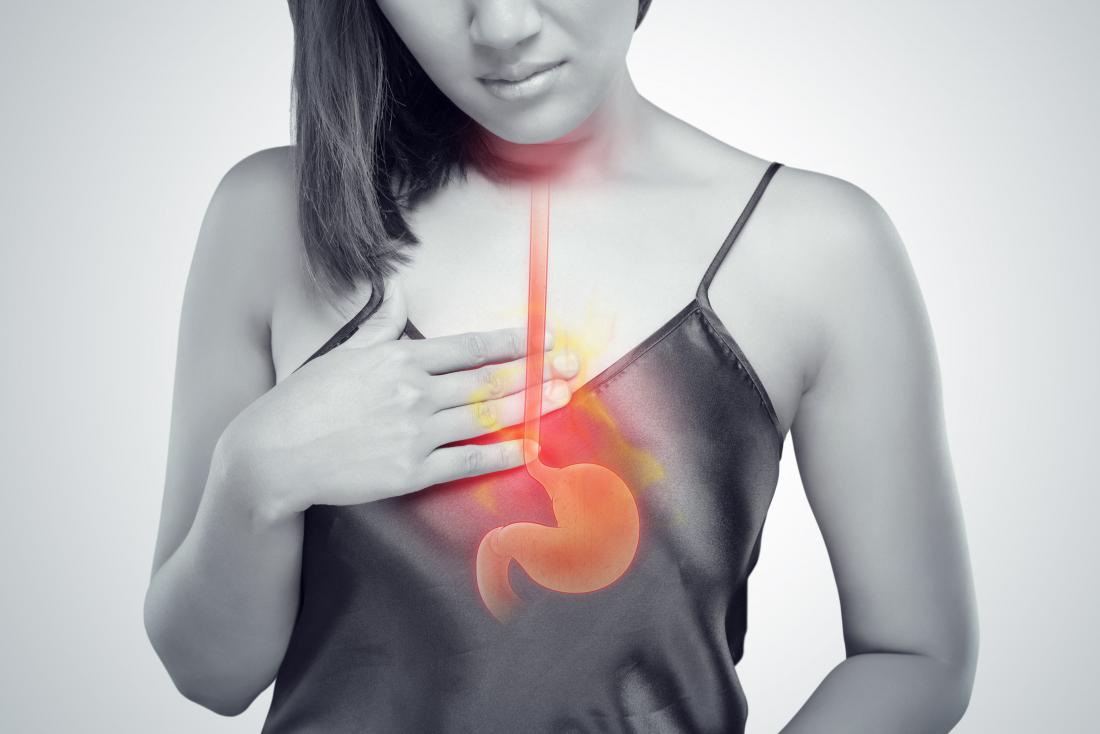
Reflux remedies from Zemaflux: Acid Reflux Relief – 100% Natural Relief From Heartburn – Zemaflux. Physicians agree that the usual cause of acid reflux and heartburn is a weak sphincter valve. The LES muscles become weak and the valve does not fully close, allowing regurgitation of stomach acid. The strength of these muscles can be improved by using the Zemaflux Resistance Trainer. The stronger they are the more efficient they become at shutting the valve that causes acid regurgitation. This non-invasive, drug-free approach focuses on using respiratory muscle strength to build diaphragm thickness and improve the function of the sphincter valve. Find more info on reflux relief. Clinical studies show that inspiratory muscle training (IMT) effectively strengthens LES muscles. Zemaflux takes the guesswork out of IMT and delivers a user-friendly method of resistance training configured only for strengthening LES muscles.
To reduce nighttime symptoms, elevating the head of the bed about six inches may also help, but make sure to do this by propping up the mattress or bed frame, not by using pillows. Using pillows can lead to back or neck pain and compression on the stomach that could actually increase GERD symptoms. Too much stomach acid reflux can result in inflammation of the esophagus (esophagitis), which can lead to esophageal bleeding or ulcers. Chronic scarring may narrow the esophagus and interfere with a person’s ability to swallow, requiring surgery. Rarely, some individuals may develop a condition known as Barrett’s Esophagus that is severe damage to the cells lining the lower area of the esophagus, which increases the risk of developing esophageal cancer. Please talk to your physician if your GERD symptoms change.
What is GERD? GERD is a condition where stomach acid repeatedly moves up into your esophagus and causes a burning sensation in your throat or chest. While stomach acid is meant to remain in your stomach, the valve that prevents it from exiting the stomach can weaken and cause the acid to move into the esophagus. While symptoms of GERD may be similar to acid reflux, they are not the same condition. Many people experience acid reflux from time to time, but repeated occurrence of acid reflux can cause GERD.
Another common symptom is a sensation of food or liquid coming up into the throat or mouth (regurgitation), especially when bending over or lying down. This can leave a bitter or sour taste in the mouth. While many Canadians experience occasional heartburn or regurgitation, these symptoms are frequent in persons with GERD who are not receiving adequate treatment. Individuals with GERD can also experience less common symptoms, including persistent sore throat, hoarseness, chronic coughing, difficult or painful swallowing, asthma, unexplained chest pain, bad breath, a feeling of a lump in the throat, and an uncomfortable feeling of fullness after meals. Discover extra info at zemaflux.com.
What is acid reflux? Acid reflux (acid indigestion or heartburn) causes a burning pain in your chest. It develops when stomach acid travels (refluxes) up your esophagus (the pipe connecting your throat and stomach). When you swallow, food or drink goes down the esophagus into your stomach through a muscular ring — the lower esophageal sphincter (LES). The LES stops food and stomach acid from escaping the stomach by closing when food enters the stomach. Stomach acid starts breaking down food to begin digestion. This acid is powerful, but the tissues lining your stomach can withstand its effects. The lining of your esophagus isn’t designed to cope with stomach acid, so when it refluxes, the acid burns your esophagus.
Heartburn isn’t usually serious on its own, but if you have it often, you may have gastroesophageal reflux disease (GERD). This is a more serious form of acid reflux that can damage the body over time. Since heartburn and heart attacks can have similar symptoms, it is important to know how to tell the difference. There are a few ways you can tell the two apart – Location: You usually feel heartburn pain below or behind the breastbone. It may also spread to the neck and throat. Heart attack pain is usually felt in the center of the chest, but may also spread to the back, jaw and neck.